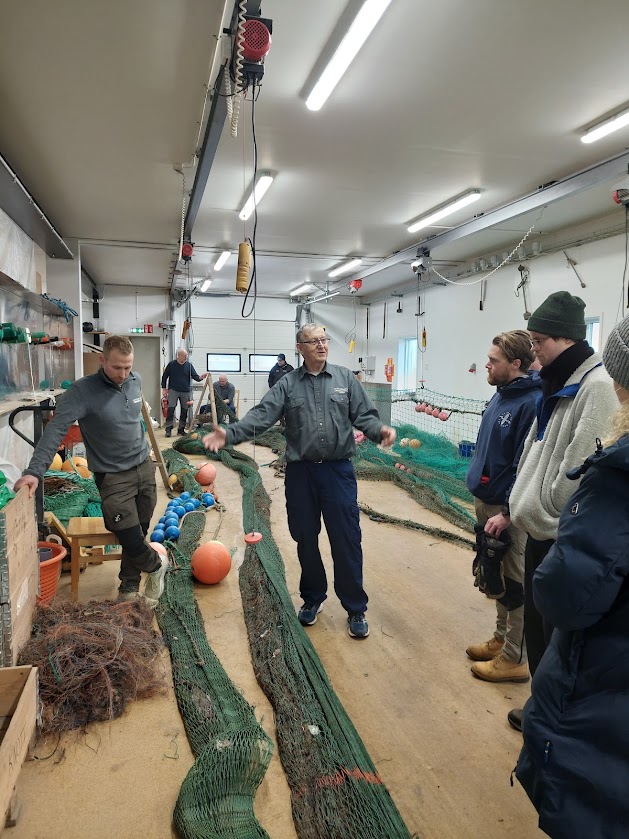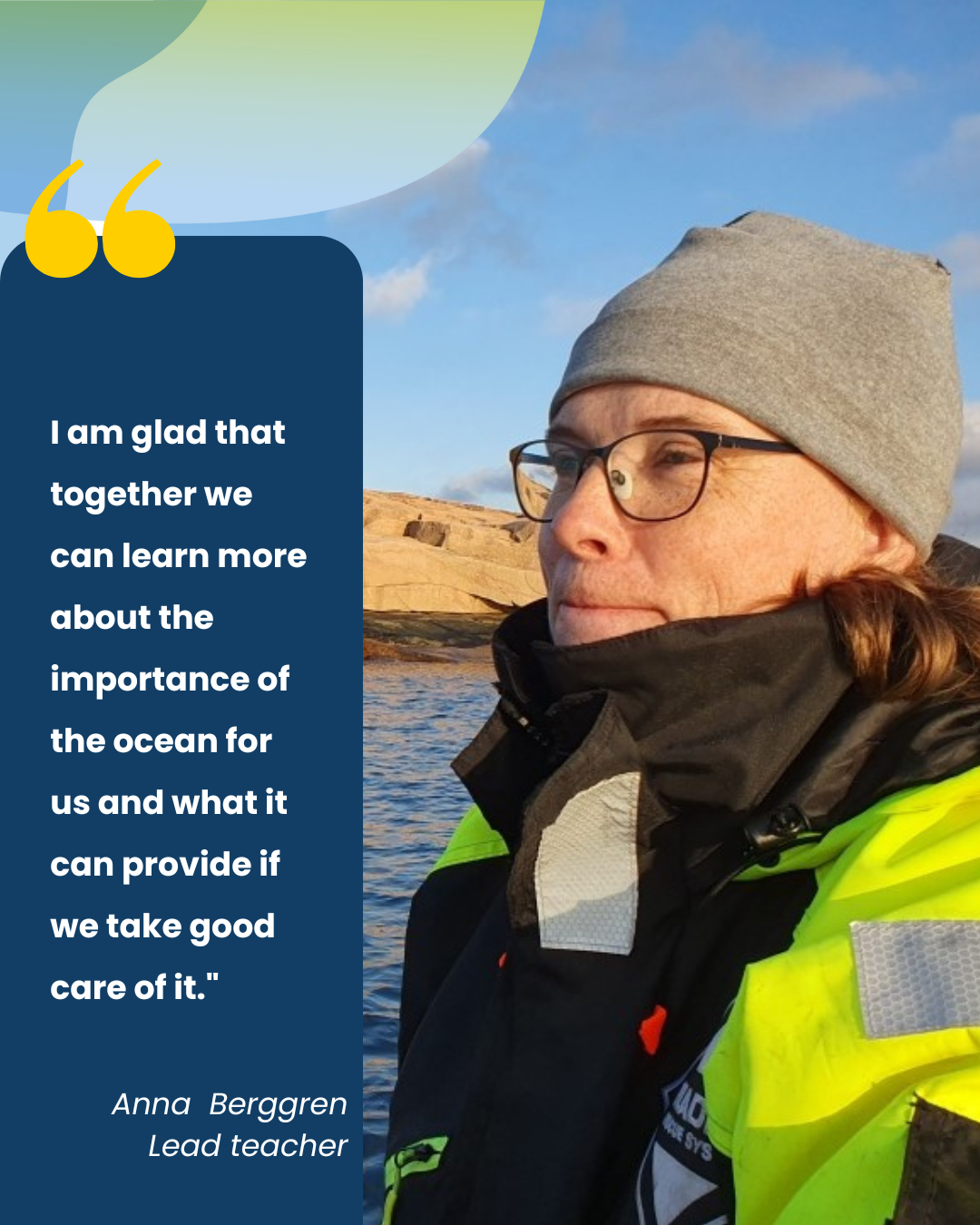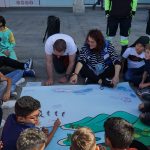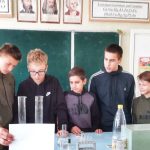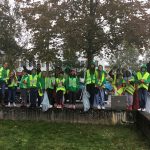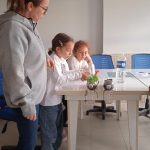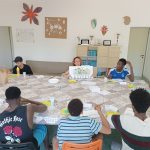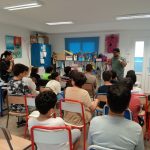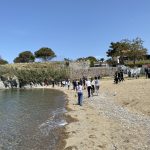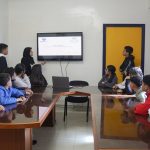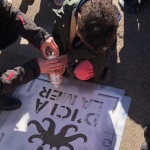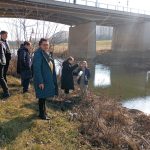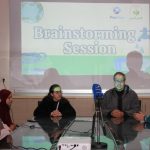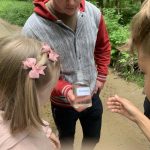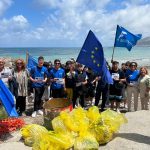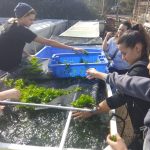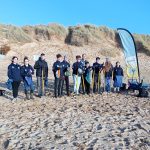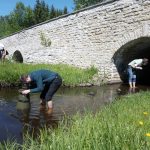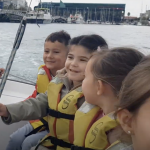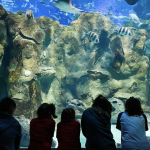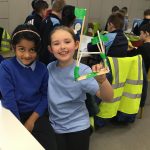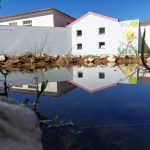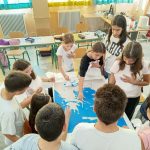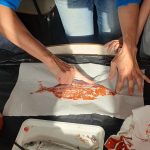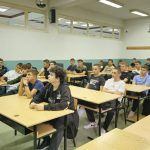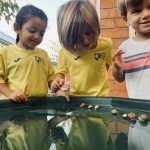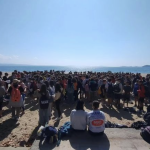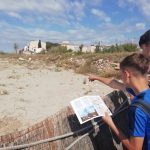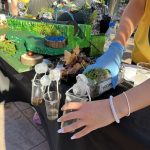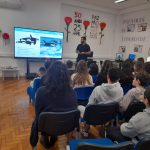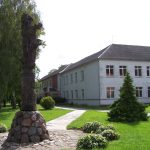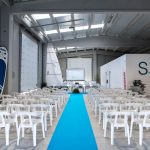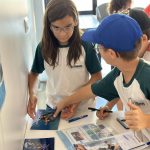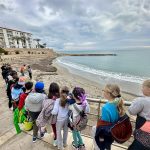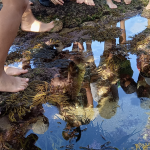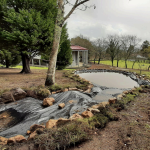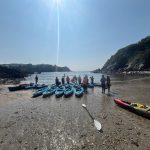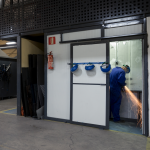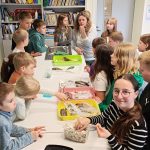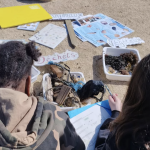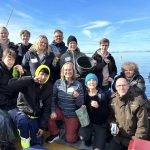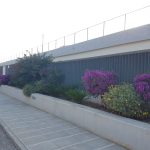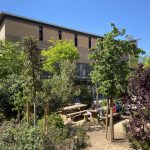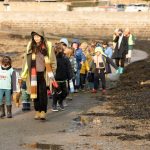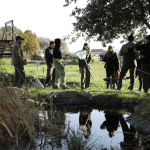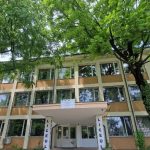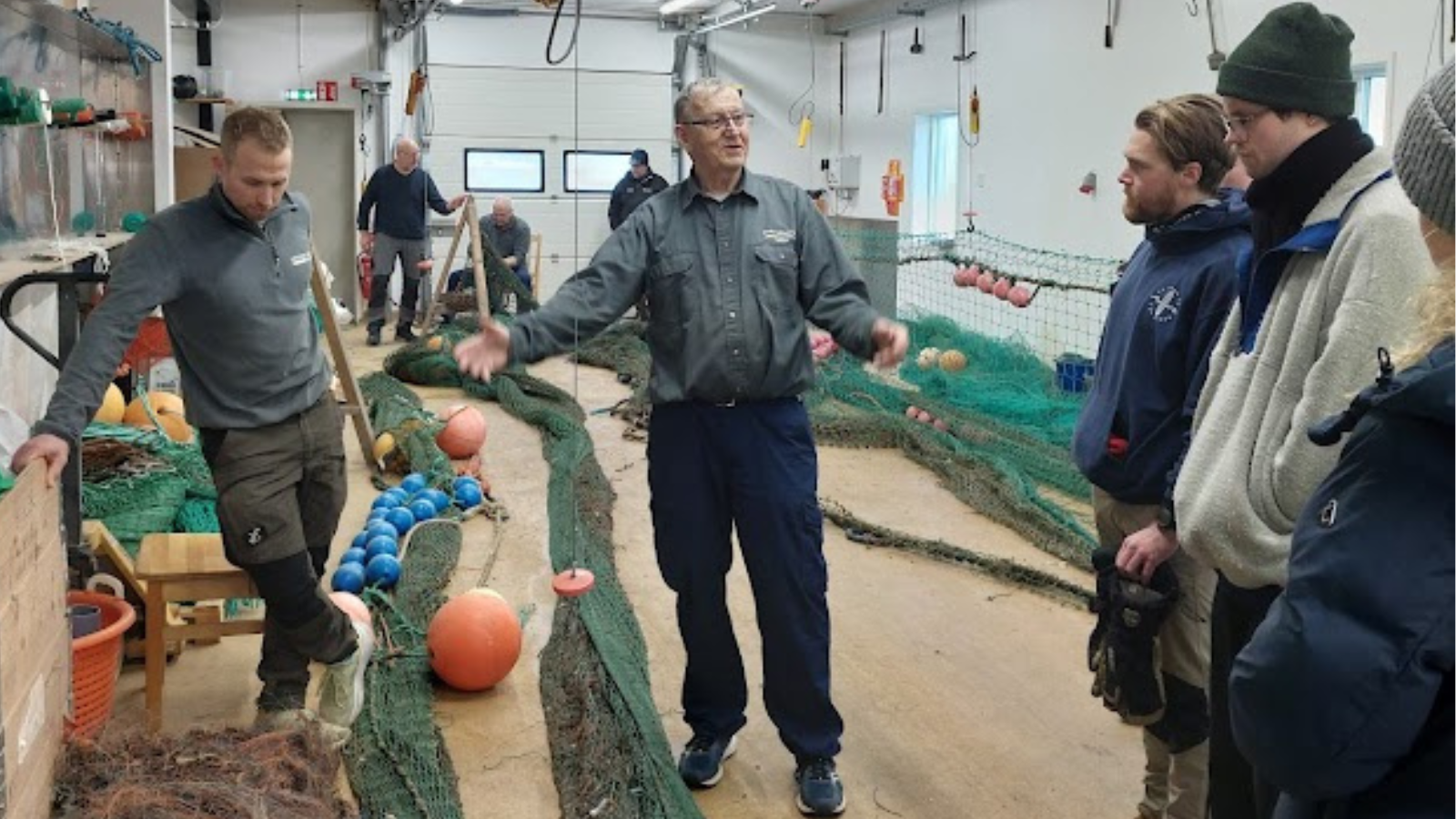
BlueHunnebo
Hunnebostrand, Sweden
3rd FUNDING CALL
As part of the ProBleu funding initiative, Hunnebostrand School in Sweden has launched BlueHunnebo, a year-long educational project that empowers students to become active participants in marine conservation and sustainable coastal development. The project combines interactive learning, open schooling, and stakeholder engagement to build ocean literacy and spark community-wide action.
Objectives
BlueHunnebo aims to anchor blue education across the Sotenäs Municipality, starting with Hunnebostrand School as a pilot site. Central to the project is the goal of encouraging students to lead environmental initiatives and co-design learning experiences. The project uses Sweden’s national curriculum (LGr22) and the Sustainable Development Goals (Agenda 2030) as foundational guides.
Three core topics frame the project:
- Ecosystem-based and nature-based solutions
- Zero plastic litter and reducing single-use plastics
- Blue biotechnology
These are explored through diverse field-based and classroom activities supported by partners from academia, local government, and marine industries.
Activities and timeline
The project kicked off in February 2025 with coordination meetings and lesson planning involving educators, students, and external partners. In spring and early autumn, students will participate in “Ocean Week,” which includes:
- Coastal cleanups and marine debris analysis
- Visits to the Swedish Algae Factory and the Marine Recycling Station
- Hands-on biology lessons and interactive experiments
- Inventory of invasive species with data shared via the Artdataportalen platform
Classes are divided by activity scope, with some focusing on field trips and others on classroom-based assignments. The outcomes will be shared with the broader community and policy stakeholders through student-led presentations.
Collaborations
Key collaborators include:
- Swedish Algae Factory (blue biotech)
- Municipal environmental officers
- Local marine businesses
- External marine biologists and communicators
The project follows an open schooling methodology. Students not only engage in science but also participate in the planning and communication of the project. Public presentations, partnerships with nearby Bovallstrand School, and links to the Blue Schools Network help expand the impact regionally and across Europe.
Output and broader impact
Expected outputs include:
- Educational materials (lesson plans, worksheets, guides)
- Communication products (videos, posters)
- Data contributions to research databases
All outputs will be freely shared on the municipality’s website and ProBleu’s educational catalogue, encouraging replication and adaptation by other schools.
The long-term aim is to scale the pilot across all schools in the municipality by 2026, supporting systemic change in coastal education. By blending citizen science, blue economy awareness, and student leadership, BlueHunnebo provides a compelling model for local engagement with global marine challenges.
